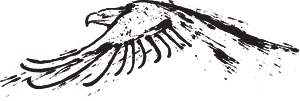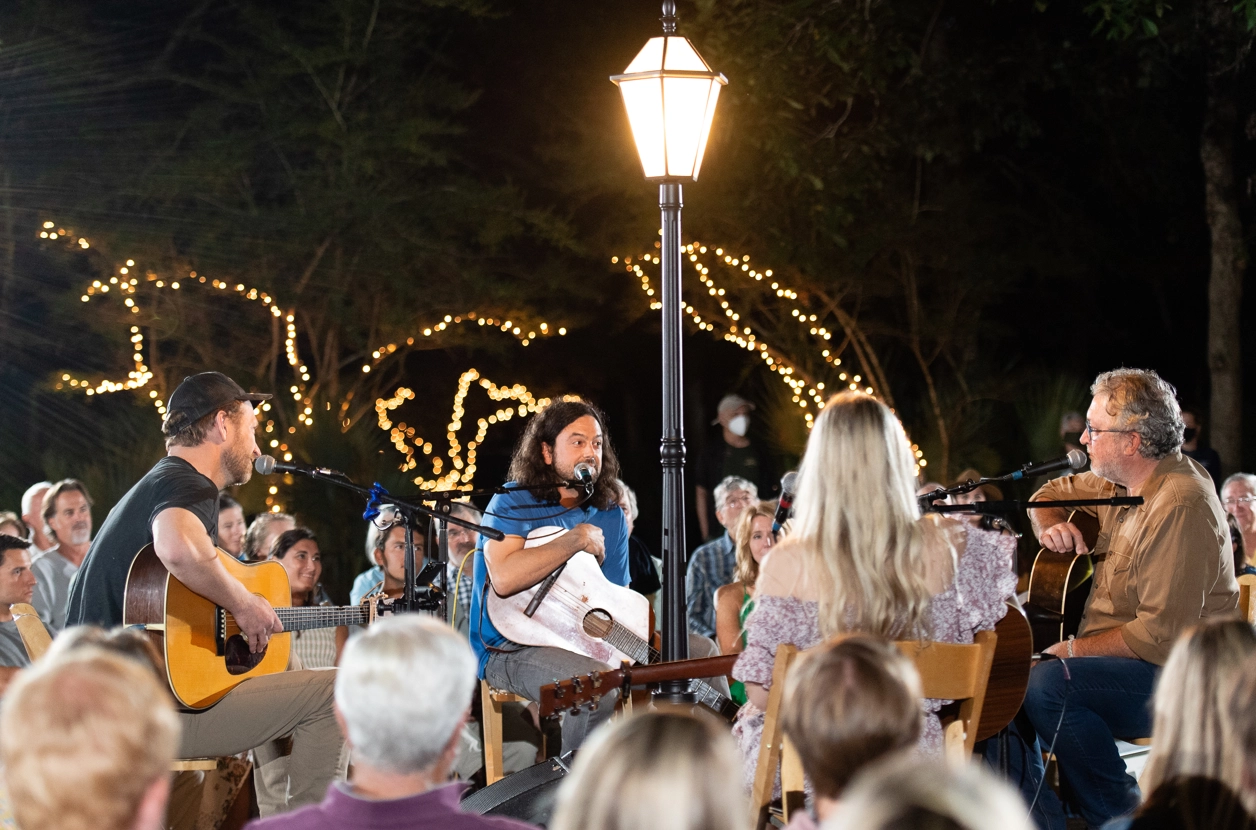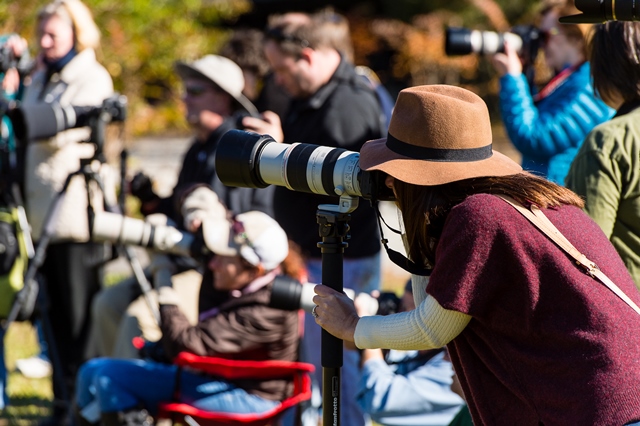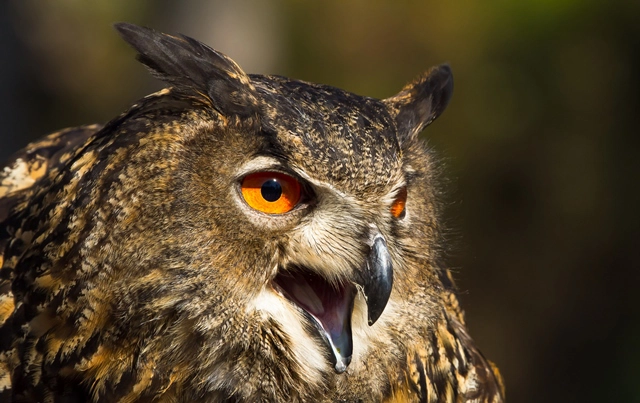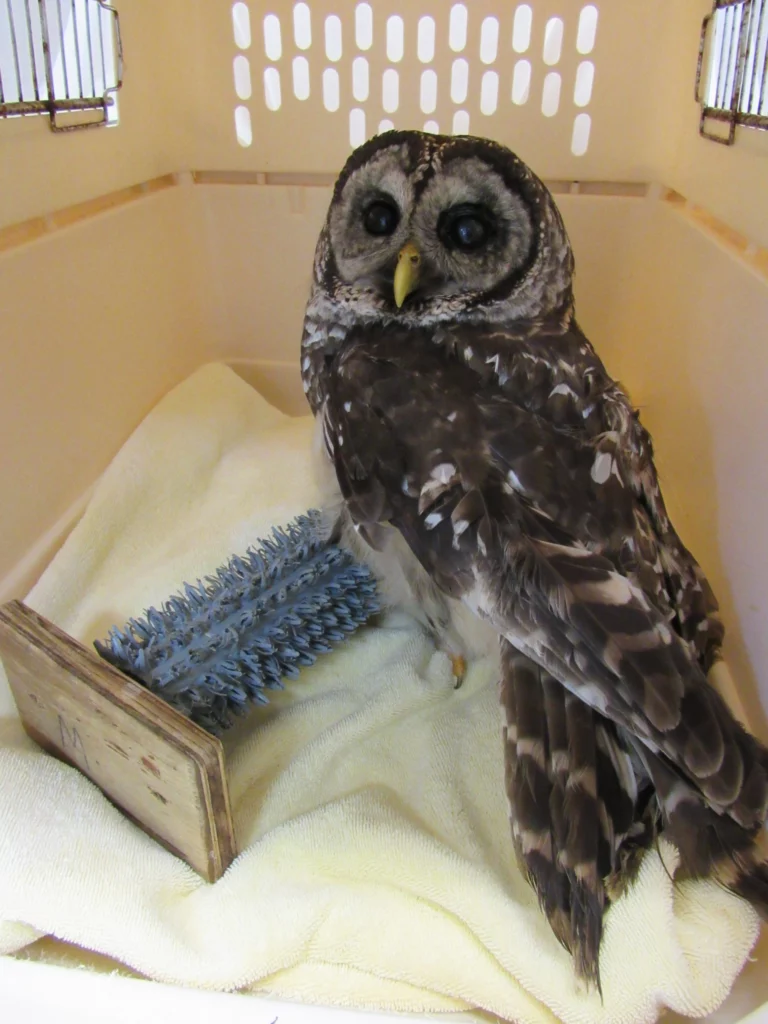
Have you found an injured or sick
bird of prey or shorebird?
IMMEDIATELY Call 843.971.7474 extension #1 for assistance.
The Avian Medical Clinic operates 365 days a year and receives numerous calls about injured birds in need of help each day. Calls are monitor and answered from 9am to 9pm Monday through Friday and 9am to 5pm Saturday and Sunday.
The Clinic currently admits an average between 800-1000 patients each year, representing a variety of birds of prey and shorebird species with injuries ranging from minor to critical.
Working with wild birds, especially when they are compromised by an injury or illness, is an advanced skill, so the Avian Medical Clinic relies on a trained volunteer team located throughout South Carolina to assist with properly transporting birds in need to the Medical Clinic for care.
Are you concerned about the health or safety of a wild bird of prey or shorebird?
FIRST – Call the Avian Medical Clinic at 843.971.7474 and press option #1 for the Injured Bird Line.
If we are busy with another call, always leave a message and a dispatcher will return your call as soon as possible.
You can also send an email to dispatch@avianconservationcenter.org. which is monitored regularly. Please include your contact number.
The Injured Bird Line is answered from 9:00 a.m. to 9:00 p.m. Monday through Friday and 9:00 a.m. to 5:00 p.m. on Saturday and Sunday. If you need assistance outside of those hours, please leave a voice message and your call will be returned as the first order of business the following morning.
SECOND – Do not handle the bird unless you are confident you can do so without injuring yourself or injuring the bird further. Injured wild birds require specialized treatment and care from a Federally-licensed, experienced practitioner.
It is illegal to possess any migratory bird without state and federal permits. However, your temporary assistance is allowed in helping an injured bird reach proper care and doing so ensures its best chance for recovery and return to its natural environment.
THIRD – If the bird is contained, do not offer food or water to the bird.
The bird may not be strong enough to process solid food, even if it appears hungry; feeding could harm or even be fatal to the bird. Having food in its system may also preclude certain medical procedures that the bird may need.
FOURTH – Please keep the bird, in a warm , dark, and quiet environment until it can be transported to the Medical Clinic.
Please note: The Avian Medical Clinic is not equipped to treat ducks, geese, or songbirds.
